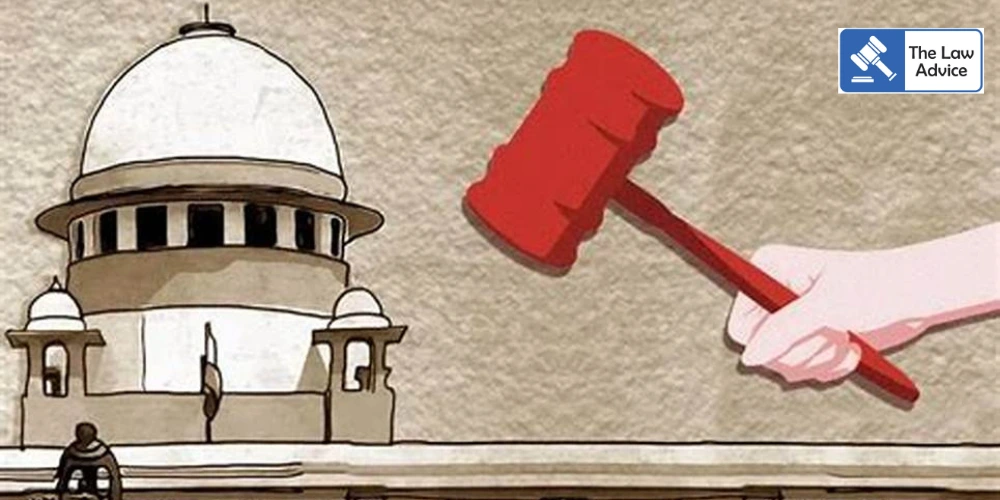
New Delhi | August 6, 2025
In a crucial interpretation of the Insolvency and Bankruptcy Code, the Supreme Court of India has ruled that the moratorium imposed during insolvency proceedings does not restrict a corporate debtor from voluntarily handing over possession of leased property to the lessor—provided it is done with approval from the Committee of Creditors (CoC).
The ruling comes in response to a legal dispute where a resolution professional, with the CoC’s backing, decided to surrender a leased business premise that was no longer financially viable to retain. The National Company Law Appellate Tribunal (NCLAT) had earlier held that such surrender was barred during the Section 14 moratorium. The Supreme Court has now firmly set aside that view.
A Bench of Justice Sanjay Kumar and Justice S.C. Sharma held that Section 14(1)(d) of the IBC which imposes a moratorium on recovery of property possessed by the corporate debtor—does not apply to a situation where the surrender is voluntary and agreed upon by the debtor and creditors.
The court underlined that the moratorium was meant to prevent coercive recovery, not to restrict a rational business decision taken to preserve the financial health of the debtor undergoing Corporate Insolvency Resolution Process (CIRP).
“If the Committee of Creditors deems it commercially prudent to vacate a leased premise, such decision cannot be vetoed under the garb of a moratorium,” the Court observed.
This ruling provides long-awaited clarity on how far the Section 14 moratorium extends. Here’s what it means in practical terms:
This brings relief to resolution professionals who were otherwise compelled to retain costly or unused properties due to restrictive interpretations of the moratorium.
The case arose from a CIRP where the debtor was operating out of leased premises but found it economically unsustainable to continue. With the CoC’s nod, the resolution professional opted to vacate the space and hand it back to the landlord. However, NCLAT ruled that even such consensual surrender was barred under Section 14.
On appeal, the Supreme Court reversed the NCLAT, distinguishing between voluntary business decisions and involuntary recovery efforts.
Website designed, developed and maintained by webexy